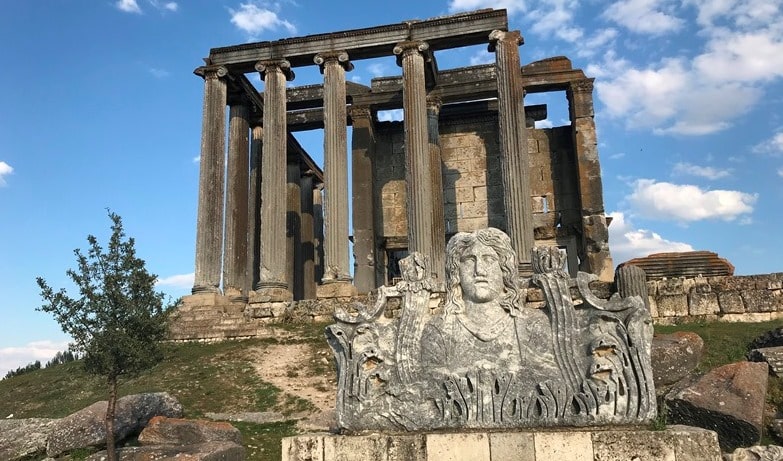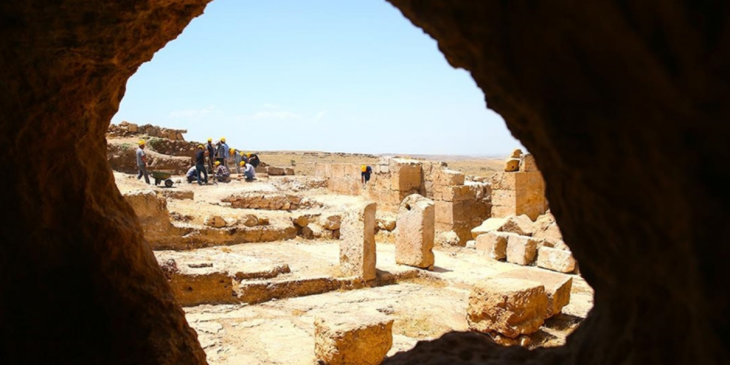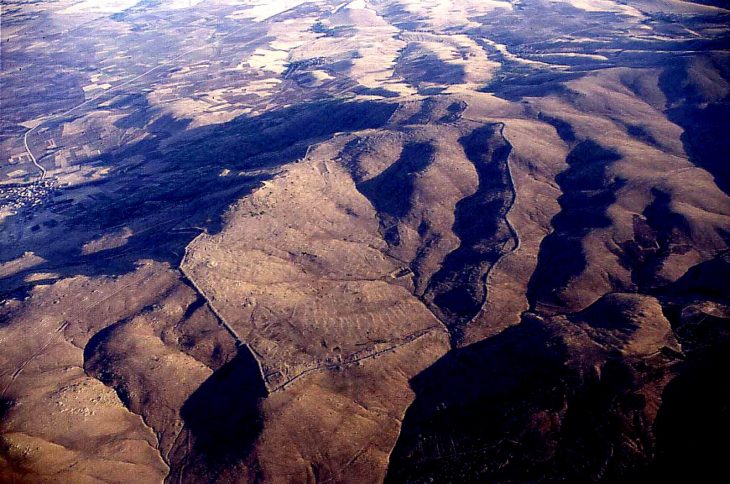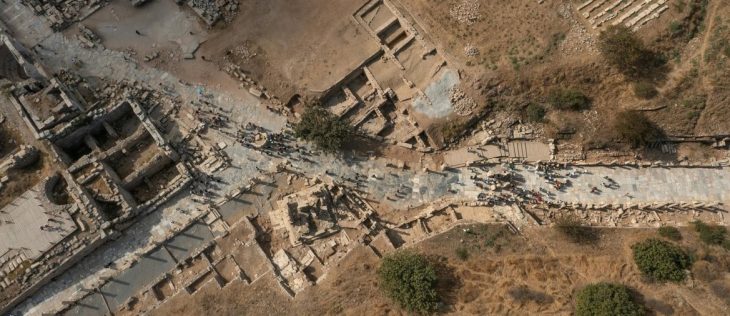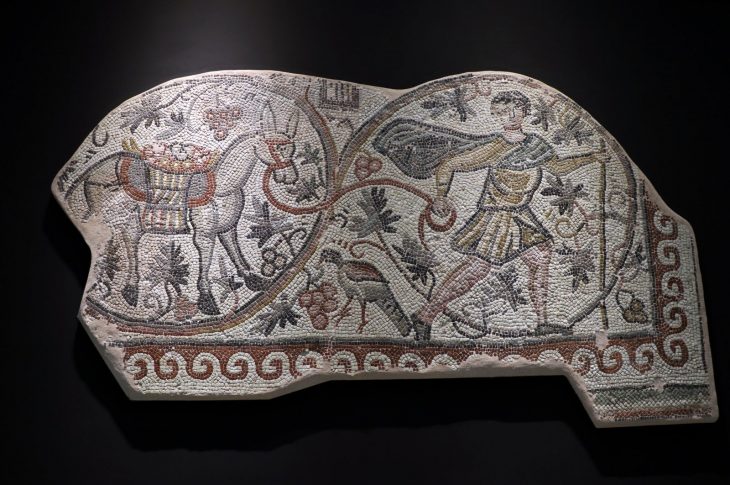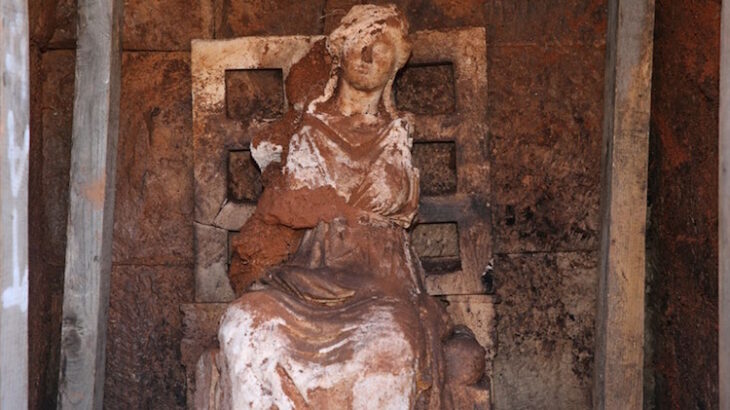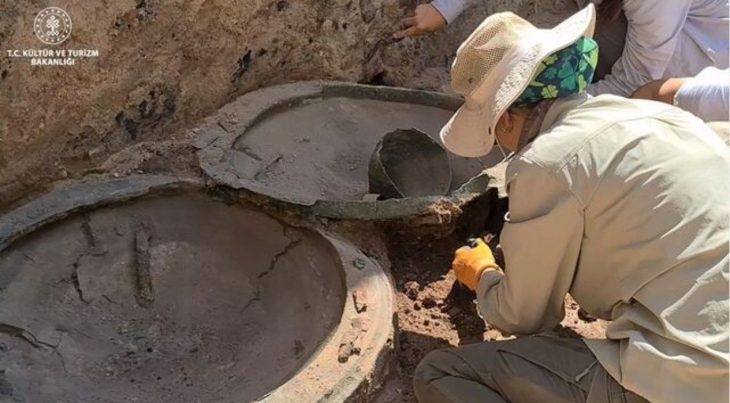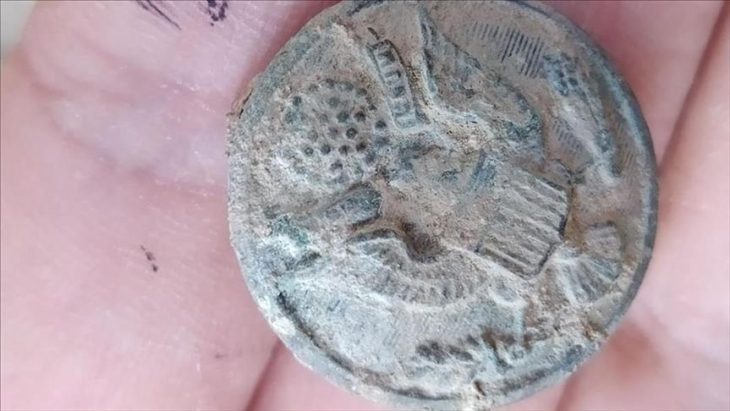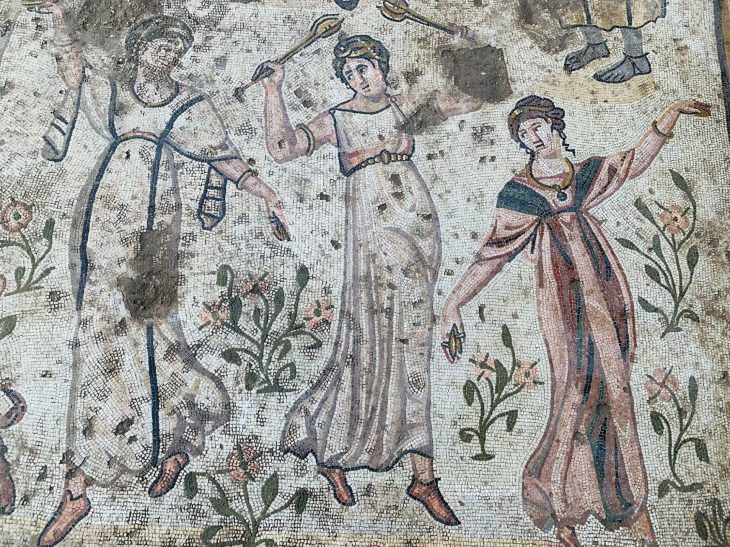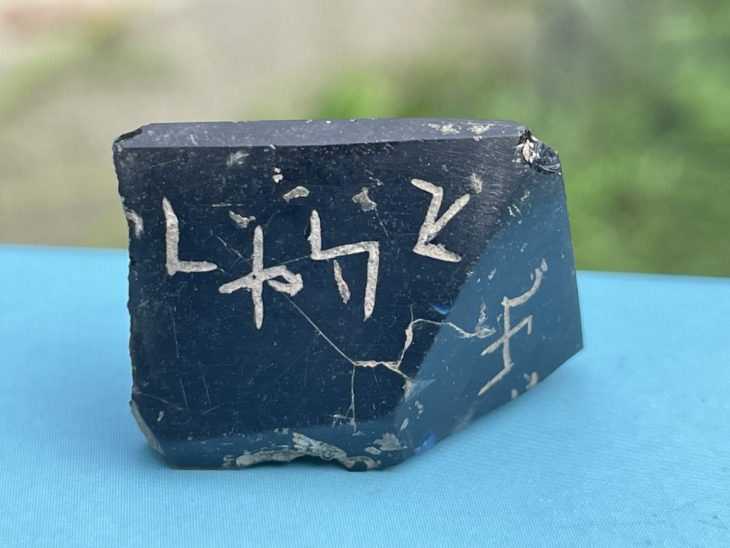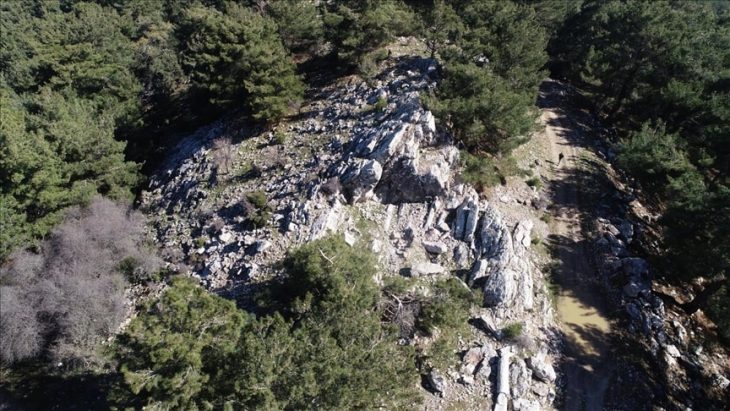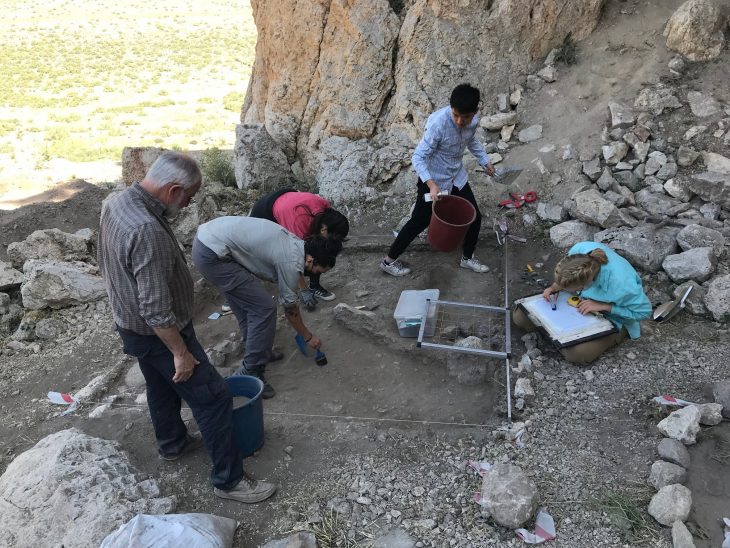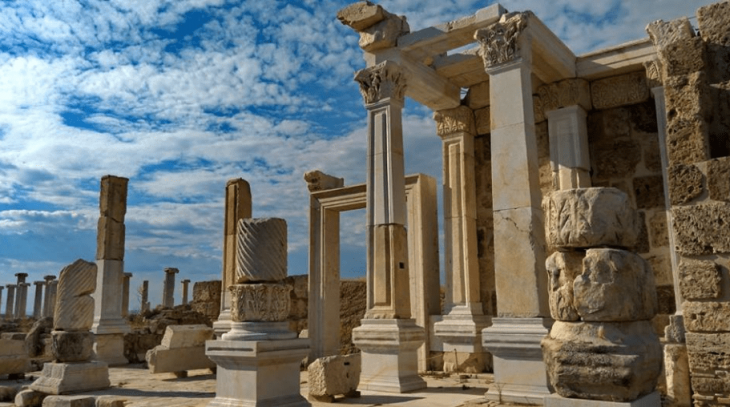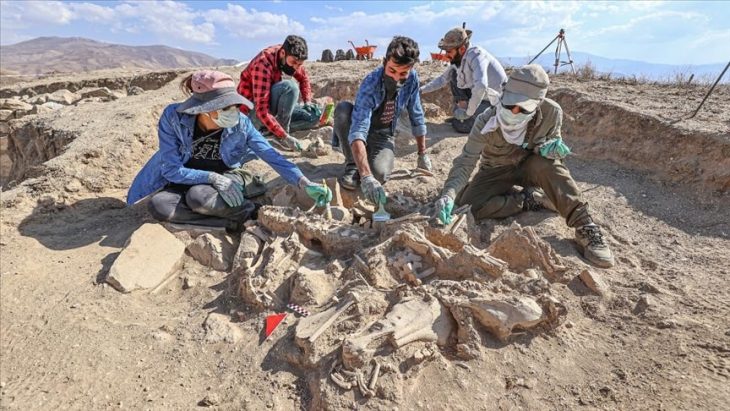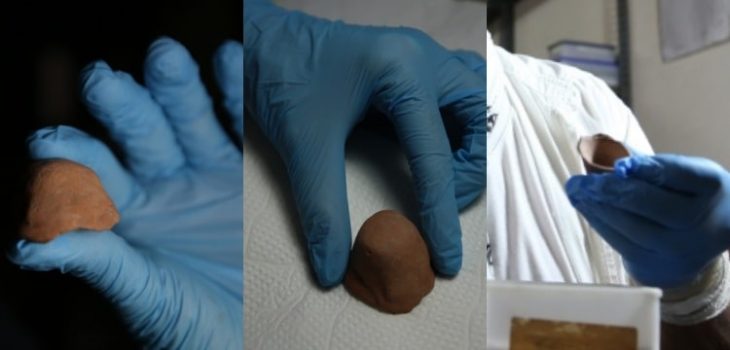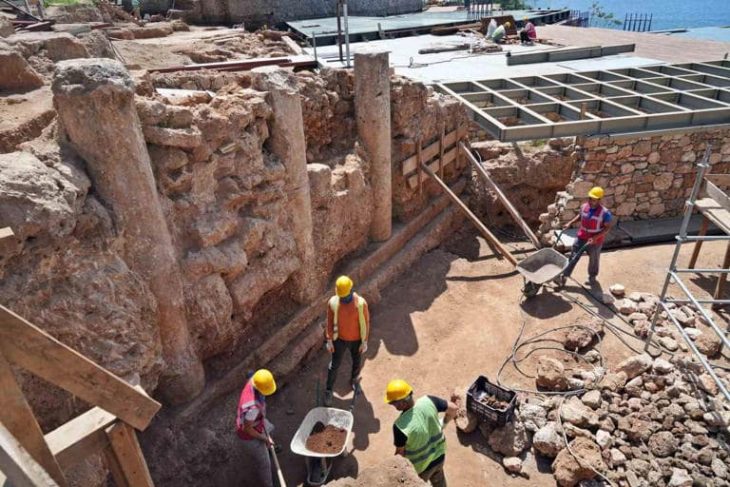In the 5000-year-old ancient city, the focus is on restoration, starting with the theater and the stadium. Aizanoi Ancient City is in Kütahya Çavdarhisar district center, 50 kilometers from Kütahya.
Elif Ozer, a professor of archaeology at Pamukkale University, told Anadolu Agency that the team will focus on restoration work this year and has already started work on the 5,000-year-old theater and stadium.
The site is home to one of the best-preserved temples in Anatolia dedicated to the chief Olympian god Zeus of ancient Greek mythology.
Aizanoi Ancient City, Zeus Temple, Stadium-Theater Complex and Magellum (World’s First Known Stock Exchange Building), 2 Roman Baths, Antique Dam structure, Colonnaded Street, 2 Roman Bridges, is one of the most important cities of the Roman Period.
Aizanoi Macellum, dated to the second half of the CE 2nd century, is one of the world’s first stock exchanges. On the walls of Macellum, Emperor Diocletian’s There are inscriptions on the prices of goods sold in the imperial markets, which he identified in 301 CE to combat inflation, and have been preserved in very good condition to this day.
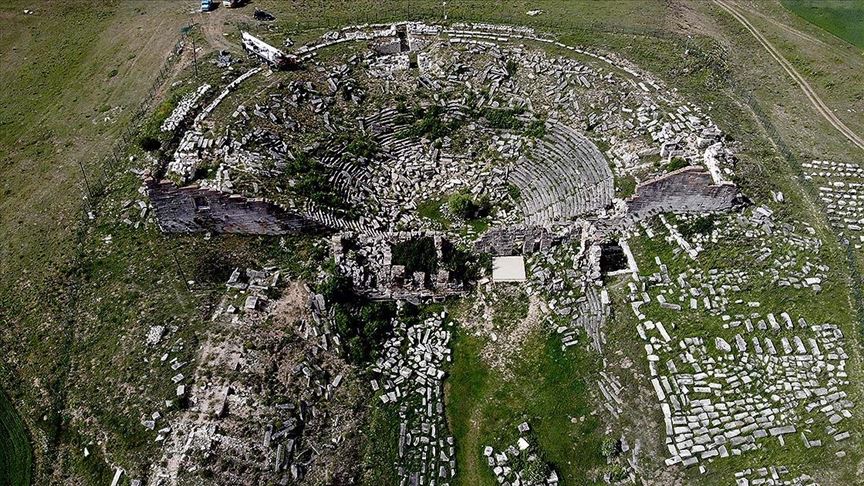
Ozer said the Turkish Culture and Tourism Ministry along with a businessman in Kutahya, Riza Gural, signed a sponsorship protocol for the restoration of 20,000 people capacity Roman theater and 13,500-people capacity ancient stadium.
“We began to work with the support of the governor of Kutahya. With the project set to last about six years, we aim to make this place look like it did in ancient times and attract more tourists to the region,” she added.
The project architect, Yalin Pekvar, pointed out that natural disasters like earthquakes and landslides had damaged the ancient theater and stadium.
Recent excavations near the Temple of Zeus have shown that there are several layers of settlements in the city that date back to 3000 BC. In 133 BC, it was occupied by the Roman Empire.
In 1824, European travelers rediscovered the ancient residential. Since 2011, Turkish archaeologists have been conducting work on the ancient site.

